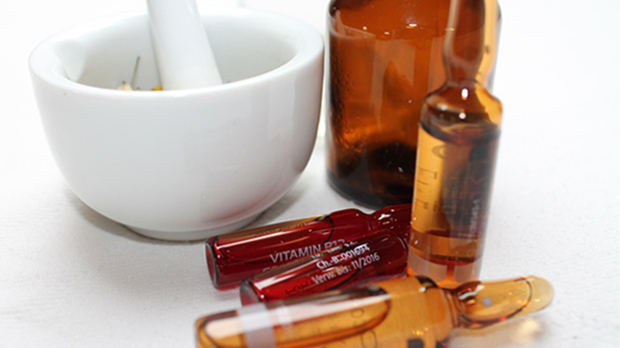The journey of motherhood is filled with immeasurable joy and love, but it also presents unique challenges that can impact a mother’s mental health. It is crucial for mothers to prioritize their own well-being alongside caring for their babies. Malina Malkani, MS, RDN, CDN, emphasizes the significance of positive support systems, including family, friends, and online communities, in promoting maternal mental health (MMH). By recognizing the individuality of each baby, refraining from judgment, and understanding the personal decisions caregivers make, a positive environment can be cultivated. To further nurture both infants and mothers, Plum Organics and the Policy Center for Maternal Mental Health have collaborated to provide resources and support within communities. Consider the following strategies to enhance maternal well-being:
- Recognize the Signs of Mental Health Conditions: Depression and anxiety are common complications during pregnancy and the postpartum period, affecting approximately 1 in 7 women. If you experience symptoms such as feeling overwhelmed, weepy, anxious, angry, or disconnected from yourself, it is important to seek help from a healthcare provider.
- Engage in Self-Care: While caring for your baby is a priority, it is equally important to prioritize self-care. Engage in activities that bring you joy, such as watching a movie, spending time with friends, meditating, or rediscovering hobbies. By incorporating these activities into your life, you can nurture your own well-being.
- Join a Supportive Movement: Building a support system is crucial for positive maternal mental well-being. Plum Organics and the Policy Center for Maternal Mental Health invite mothers and their loved ones to participate in a movement aimed at destigmatizing mental health challenges. By signing the “Pin-tition” and placing a pin on the U.S. map, participants indicate their desire to create supportive communities for mothers facing mental health difficulties.
- Prioritize Physical Health: Taking care of your physical health is essential for overall well-being. Engage in physical activities such as yoga, walking, or exercising for 15-30 minutes each day. Additionally, nourish your body with nutrient-rich foods to restore balance and boost self-esteem.

Maternal Mental Health Risk Factors and Resource Maps, developed by Plum Organics and the Policy Center for Maternal Mental Health, highlight regional variations in risk factors across the United States. The maps reveal higher risk factor levels in the Deep South, rural areas, and less-populated regions. It is estimated that over 600,000 mothers in the U.S. experience MMH disorders each year, underscoring the need for accessible support and treatment.
For more information and to contribute to shedding light on maternal mental health in your area, visit PlumOrganics.com.






